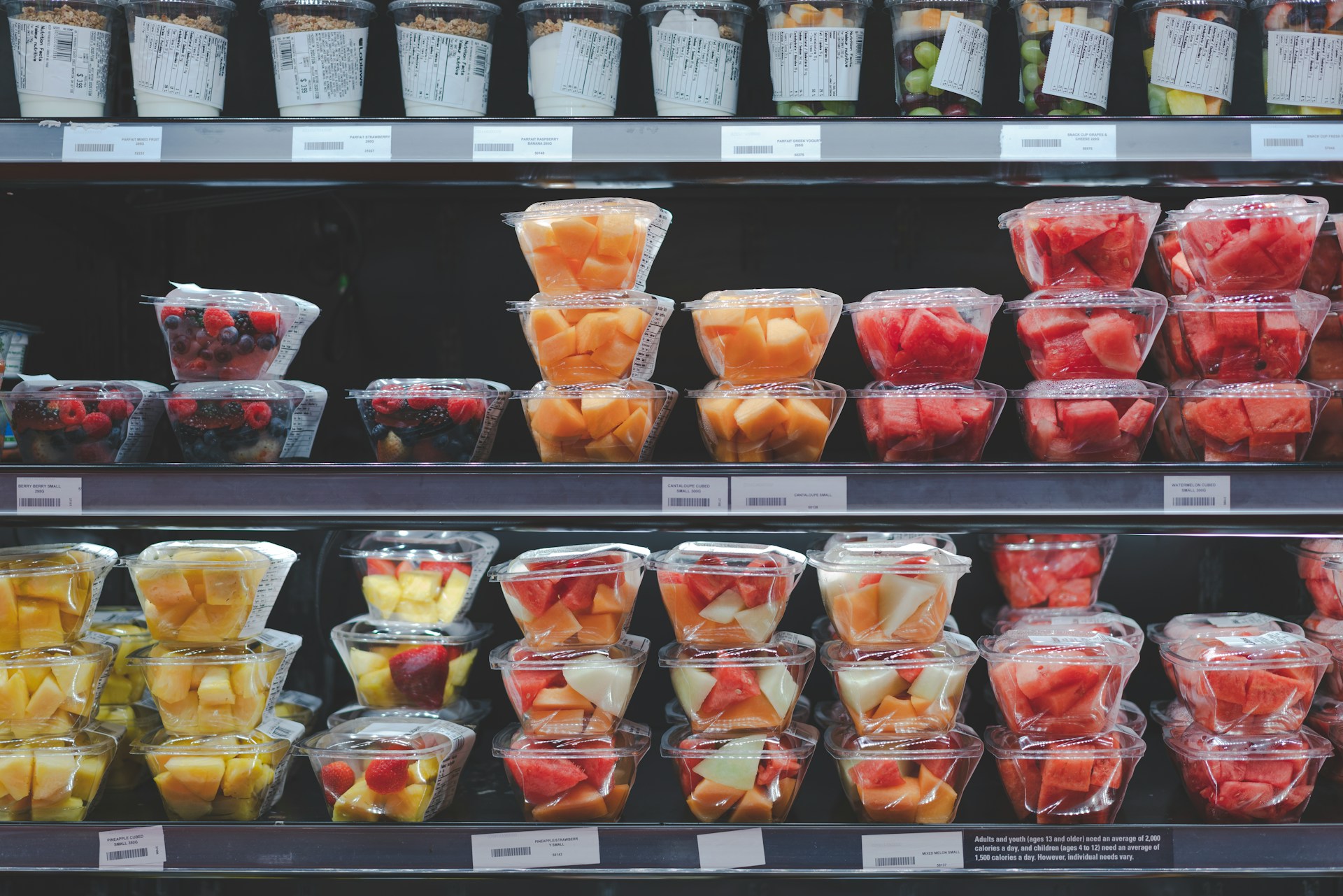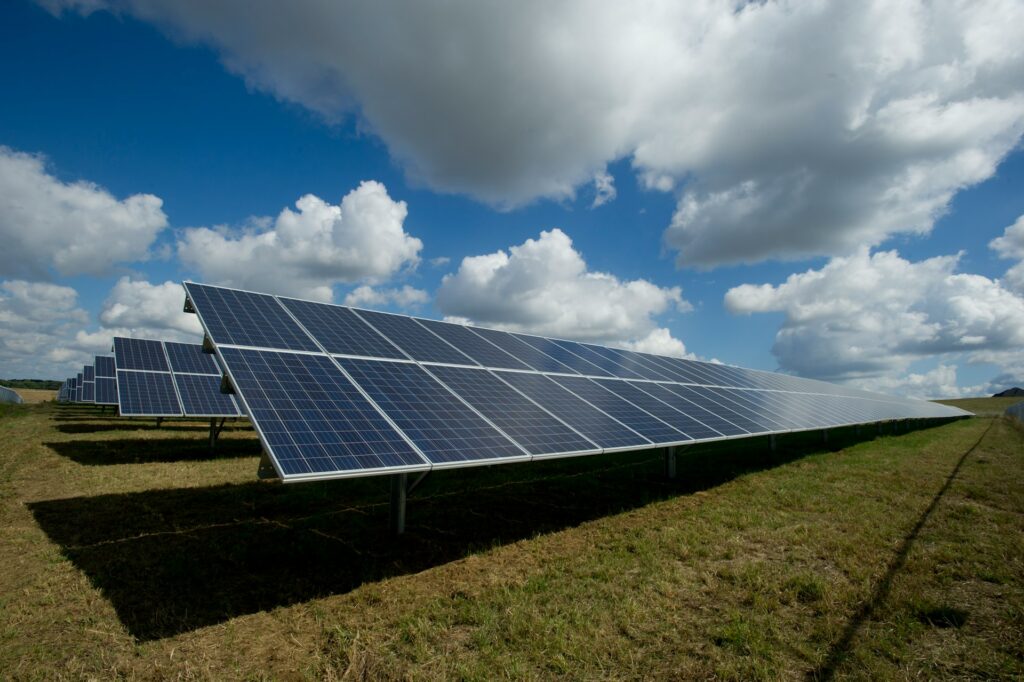Researchers at the University of Queensland have introduced a new packaging material that blends bacteria-derived polyhydroxyalkanoates (PHAs) with locally sourced Radiata Pine sawdust. In lab and field trials, prototype strawberry punnets made from this biocomposite matched the strength and handling of conventional plastics while fully degrading in soil, fresh water, marine conditions, and composting systems. The research was published in Composites Part A: Applied Science and Manufacturing and can be found here:
Mathel, V., Aziz, S., Guo, X., Bertling, K., Rakić, A. D., Heitzmann, M. T., & Vandi, L.-J. (2025). Wood/PHAs biocomposites with mechanical properties comparable to conventional plastics: Model-based prediction and experimental validation. Composites Part A: Applied Science and Manufacturing, 194, 108916. https://doi.org/10.1016/j.compositesa.2025.108916
The project was led by Ph.D. candidate Vincent Mathel and Dr Luigi Vandi in UQ’s School of Mechanical and Mining Engineering, working within the Centre for Advanced Materials Processing and Manufacturing (AMPAM). Over three years, the team optimised the polymer-fibre ratio using model-based predictions and experimental validation before scaling up the formulation under an Advance Queensland Industry Research Fellowship.
To produce the biocomposite, researchers fermented bacteria to yield PHAs, then compounded the polyester with sawdust from plantation-grade Radiata Pine. Wood was chosen as the “biofiller” for its low cost, abundant supply, and positive impact on end-of-life degradation rates. Mechanical tests confirmed that adding wood fibres did not compromise tensile strength or impact resistance compared to standard food-grade plastics. Vincent Mathel said the following:
This is a new material that carries all the sustainability benefits of a bio-sourced product while having the same properties as mass-produced plastic packaging and containers, It was also important to us to make a biocomposite that maximizes Australian resources to have the added environmental benefit that it does not need to be imported from overseas.”
In collaboration with biotech partner Uluu and injection-molding firm SDI Plastics, the team produced an initial run of 200 punnets. These were evaluated by the Queensland Strawberry Growers Association and growers at LuvaBerry Farm to ensure fit-for-purpose performance and fruit protection under real-world handling conditions. According to Dr Vandi,
“Punnets are pretty bad from a sustainability perspective, but they are the only way to effectively ship and sell strawberries without ruining the fruit, we’ve shown we can make a product that could potentially replace the 580 million or so plastic punnets every year.”
Next steps include comprehensive end-of-life testing. The team is partnering with Phoenix Power Recyclers to monitor composting performance and marine degradation rates under controlled conditions. Looking ahead, Mathel and Vandi are seeking investment to establish a pilot manufacturing line, with the goal of extending the material’s use to other rigid food packaging and single-use items where a biodegradable alternative is critical.

Hassan graduated with a Master’s degree in Chemical Engineering from the University of Chester (UK). He currently works as a design engineering consultant for one of the largest engineering firms in the world along with being an associate member of the Institute of Chemical Engineers (IChemE).



